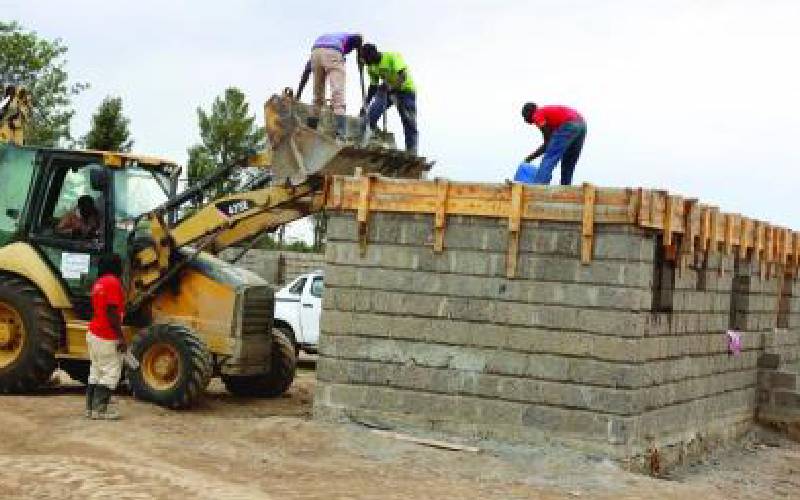×
The Standard e-Paper
Home To Bold Columnists

A group of boda boda operators organised themselves into a co-operative society in Laikipia and have invested in a multi-million shilling housing project in Nanyuki. [Standard]
The boda boda, coined from border-to-border trade between Eastern Uganda and Kenya in the 1970s, has become a reliable means of transport and spawned an industry from which millions derive a livelihood.